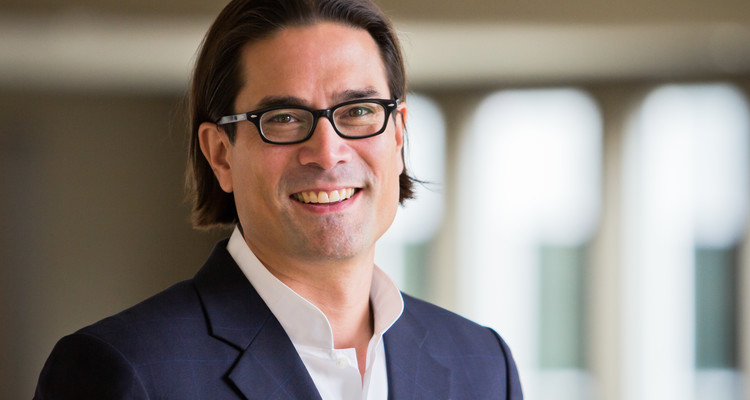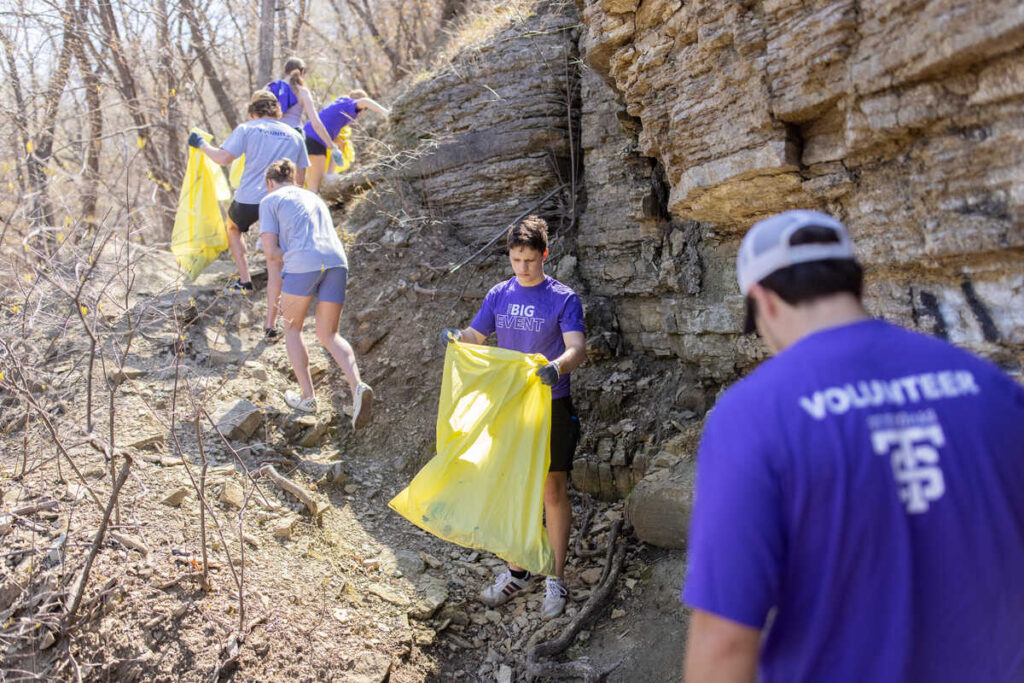The COVID-19 pandemic has adversely affected the wellness of many people who have lost loved ones and their communities that have sacrificed social cohesion and economic capital. For many of them, work-related turmoil – including unemployment, income reductions and safety concerns – has made the situation even worse.
The presence or absence of meaningful work influences wellness. Those who have it may experience higher life satisfaction and a heightened sense of well-being. However, unemployment and underemployment generate stress that can adversely impact physical health and mental stability. Even among those who are gainfully employed, recent surveys show that around half of Americans are unhappy at work and only one-third are engaged at work. Almost 50 years ago, journalist Studs Terkel referred to work for many Americans as like “a Monday through Friday sort of dying.”
Meaningfulness is connected to wellness in ways both obvious and obscure. Civilizations throughout history have extolled a meaningful life as a worthy goal of human existence. At the same time, meaningfulness means different things to different people. Work that makes one person happy might make another person unhappy, and they may also disagree on whether happiness and meaningfulness are one and the same. Philosophers locate meaningfulness at the intersection of the good, the true and the beautiful.
There is an optimistic side to the relationship between work and wellness. Although work has the potential to undermine wellness, it can also underpin our wellness when it provides for a financial foundation, social engagement and an opportunity to make a meaningful contribution to the lives of others. Meaningful work, as I have defined it in my research, should consist of three elements: It is personally satisfying, socially recognized and morally worthwhile.
During the COVID-19 pandemic, many of us were introduced or reintroduced to a related term that was most recently in vogue during World War II: essential work. Early on, the Department of Homeland Security issued an advisory memorandum on the topic, both to reinforce the responsibility of some employees to continue showing up for duty and to justify the temporary closure or move to remote operation of other workplaces. It singled out health care and pharmaceutical and food supply as particularly indispensable lines of work in the circumstances, and it listed numerous other industries as part of the critical infrastructure that keeps our society running, from technology to transportation.
We learned during the pandemic that essential work could be a source of meaningfulness, when health care workers were greeted with nightly applause by an appreciative public. However, many of those workers who may have appreciated the public’s good intentions would have preferred better personal protective equipment to expressions of appreciation, and as the pandemic continued, some of them were worn out by their work. Work that was socially recognized and morally worthwhile became personally unsatisfying. Other essential work – such as grocery shelf stocking and food delivery – was often underappreciated and underpaid.
One of the silver linings of the pandemic is that it might teach us more about how essential work is to human wellness and how essential and meaningful work are connected. We have more reason than ever to acknowledge and reward work that contributes to societal wellness that may previously have been taken for granted. We have reason to take personal satisfaction in work that may constitute one of our best opportunities in life to make a meaningful contribution to the lives of others.
Christopher Michaelson, PhD, is the Opus Distinguished Professor of Principled Leadership and academic director of the Melrose and The Toro Company Center for Principled Leadership in the Opus College of Business.







